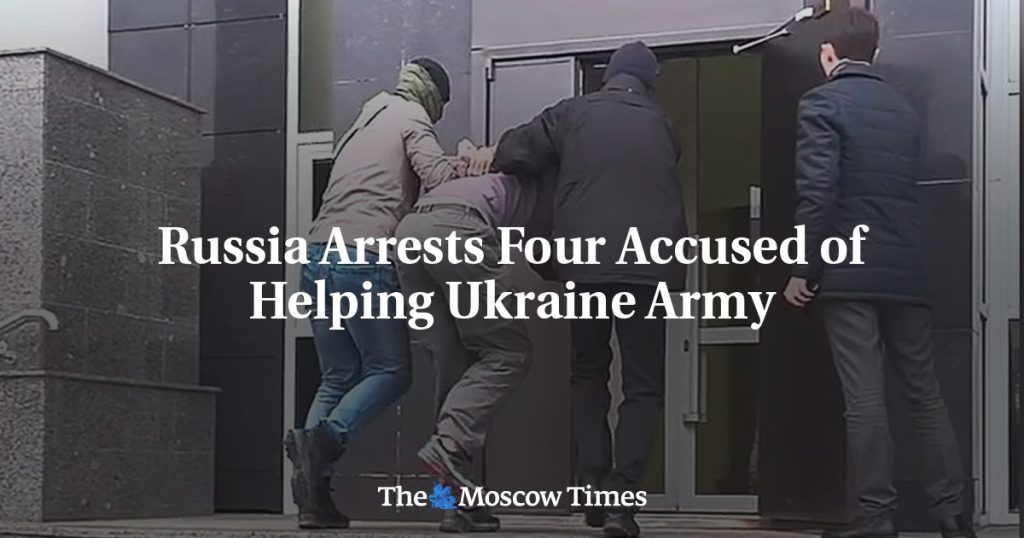In Russia, four individuals were arrested for allegedly sending funds to the Ukrainian armed forces and planning to join Kyiv’s ranks. The FSB detained two 19-year-olds in Saransk, Mordovia, accusing them of planning to fight for Ukraine and participating in a terrorist organization. Additionally, two people in Tomsk were detained for treason, accused of providing financial support to Kyiv’s army, resulting in a treason case being opened against them. The FSB regularly reports arrests of individuals accused of working for Ukraine as Moscow continues its military operations in the country.
Furthermore, exiled feminist Zalina Marshenkulova has been placed on Russia’s wanted list. She was accused of “justifying terrorism” and had a case opened against her for social media posts regarding the death of anti-Ukraine military blogger Vladlen Tatarsky. Marshenkulova expressed no sympathy for Tatarsky, referring to him as an aggressor and former robber who supported murders in Ukraine. Russia has been cracking down on dissent and any support for Ukraine within the country since initiating its military operations more than two years ago.
Marshenkulova’s name was added to the list of wanted individuals on Russia’s Interior Ministry’s website, and Russian media reported on the criminal case opened against her. She stated that the case was in response to her referring to a bandit as a bandit, highlighting the restrictive environment for dissenting voices in Russia. The country has been targeting individuals who express opinions or provide support for Ukraine, reflecting the government’s efforts to suppress any opposition to its actions.
The arrest of individuals accused of supporting Ukraine and the targeting of dissenting voices, such as Marshenkulova, reflect the Russian government’s crackdown on any expressions of dissent or opposition. The FSB’s actions in detaining individuals for treason and participating in terrorist organizations demonstrate a systematic effort to suppress any form of support for Ukraine within the country. The case against Marshenkulova underscores the risks faced by individuals who openly criticize or express views contrary to the government’s narrative.
Given Russia’s ongoing military operations in Ukraine and its suppression of dissent, the case of Marshenkulova and others targeted for their support of Ukraine highlights the challenging environment for freedom of expression in the country. The crackdown on dissent and opposition to Russia’s actions in Ukraine reflects a broader trend of restricting civil liberties and silencing voices that challenge the government’s policies. The international community must continue to monitor and address human rights violations in Russia, including the targeting of individuals like Marshenkulova for their beliefs and expressions. Supporting independent journalism and advocating for the protection of free speech are essential in upholding democratic values and human rights in Russia.


